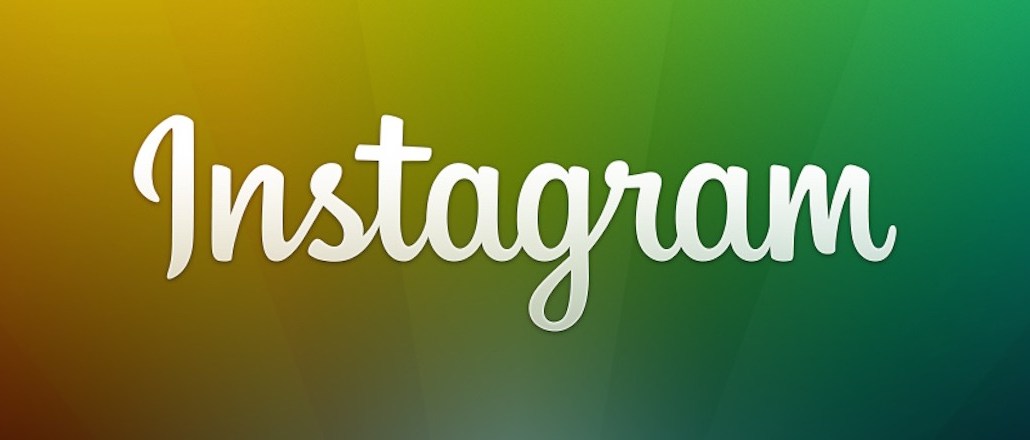Secure your place at the Digiday Media Buying Summit in Nashville, March 2-4

Instagram recently opened for business to marketers, and it’s already rivaling parent Facebook, with some sources saying they’re paying as little as 2 cents a view for video ads.
“CPMs [cost per thousand views] are averaging close to $3,” said an ad tech source at a firm that helps brands advertise on Instagram. “It’s been highly efficient compared to marketing on Facebook proper.”
Instagram made its ad offering widely available this summer. Until recently, only select brands were buying premium campaigns on the photo-sharing app. The company took a boutique-like approach, reviewing every sponsored image and video.
Instagram still exerts some creative control, but there has been a noticeable increase in the number of participating advertisers, which now buy through partners like Salesforce, Kenshoo, Nanigans and Sprinklr.
The partners are only just now starting to share some results from the early marketing efforts. Salesforce, for one, said its advertisers pay an average CPM of $6.29.
The other ad partner said that it sees nearly half that rate, $3 per 1,000 views, alongside videos that go for as little as 2 cents a view. Instagram counts a video as viewed if it’s been seen at least three seconds, the same as Facebook.
On the high end, depending on the effectiveness of the campaign, videos can cost about 6 cents a view, the ad tech partner said, speaking on the condition of anonymity because the company wasn’t authorized to publicly disclose rates. Instagram declined to comment.
Mobile video is growing the fastest of any digital ad category, according to eMarketer. Almost every platform — Twitter, YouTube, Snapchat, Yahoo, for example — is invested in the format.
At 2 cents, Instagram’s rates are competitive with a platform like Snapchat, which charges the same. YouTube pre-roll ads sell for about 10 cents a view, and pre-roll ads in general cost 2 cents, according to video ad tech company TubeMogul.
But Instagram video is a way more valuable impression than ordinary pre-roll, according Chris Tuff, head of business development and partnerships at 22squared, a digital ad agency.
“Instagram is basically a full page takeover of your mobile screen because of the way the ads display there,” Tuff said. “And everything on Instagram is concepted to live in that space specifically.”
Instagram can have high impact, even compared to Facebook video, Tuff said, where it’s easier to ignore autoplay video ads than a sponsored image on Instagram, he said.
Not only has Instagram expanded its ad ecosystem, bringing in outside partners, it also just switched up the format of posts. It used to just allow square photos and video, but now brands can do widescreen and vertical images.
For now, Instagram is still a premium ad space, according to marketing experts. Salesforce says Instagram ads get almost double the click through rate of Facebook, 1.5 percent compared to 0.84 percent.
“This aligns to Instagram’s position as a premium, large-format ad type,” Salesforce said in a recent blog post.
As it grows the ad business, however, and more ads appear, there could be concerns that they will lose some of their gloss.
“It will be interesting to see whether on average the quality goes down,” the unnamed ad tech partner said. “That’s what you have to look out for.”
Image courtesy of Instagram.
More in Media

Media Briefing: Turning scraped content into paid assets — Amazon and Microsoft build AI marketplaces
Amazon plans an AI content marketplace to join Microsoft’s efforts and pay publishers — but it relies on AI com stop scraping for free.

Overheard at the Digiday AI Marketing Strategies event
Marketers, brands, and tech companies chat in-person at Digiday’s AI Marketing Strategies event about internal friction, how best to use AI tools, and more.

Digiday+ Research: Dow Jones, Business Insider and other publishers on AI-driven search
This report explores how publishers are navigating search as AI reshapes how people access information and how publishers monetize content.





